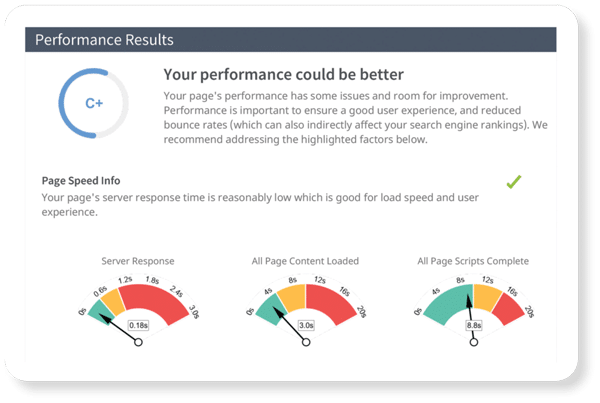
Blog for your target audience. Think about common topics that are discussed between patients and doctors. What are the frequently asked questions about your practice? What are the options available to patients regarding a specific procedure? Who is a good candidate for a specific procedure? All topics pertaining to your practice can be framed into blog posts in an interesting way. When medical practices regularly post new blog entries, transparency helps to foster a trusting relationship between patient and doctor.
Be direct. A blog doesn’t have to be long, in fact most people will not read a blog post exceeding 500 words. It’s important to clearly state what the blog entry is about within the first 2-3 sentences to keep viewers interested and reading. Keep the most important information at the top of the article and break out sections with bold headlines. Use your blog as a platform to highlight important issues and news as it relates to your practice.
Advertise your blogs. On social media such as Facebook and Twitter, ask followers what they would like your practice’s next blog to be about. Allowing new and existing patients to participate in your practice through blogging helps deepen patient-to-doctor relationships. Whenever your practice posts a new blog article on your site, post a link to the blog on social media to increase readership.
Blog about procedures you specialize in. Inevitably, patients are uneasy, anxious and worrisome prior to undergoing an important procedure or surgery. By posting blog articles highlighting the recovery process, and tips for patients on the road to recovery from specific procedures they may be able to feel better prepared for their procedure. Essentially, blog posts can extend doctor’s bedside manner to the patient without taking up much or any of the doctor’s time.
Search engines and their importance. Blogging helps boost your practice’s webpage in search engine results such as Google. The more SEO (search engine optimization) language used in posts, the higher your ranking will be on Google. SEO language is when the author of a blog saturates the article with keywords that people are searching for. For example, someone is searching “Breast augmentation recovery” in Google, a good blog title would be “What You Need To Know About Your Breast Augmentation Recovery.” People often search by using questions, if your blog post matches those keywords in the search, the more traffic it will receive.
MyAdvice Can Do It For You
Too busy to manage your blog? Let MyAdvice help! We can plan an organized and effective strategy to get potential patients interested in your services! Contact an MyAdvice Representative to learn more.

